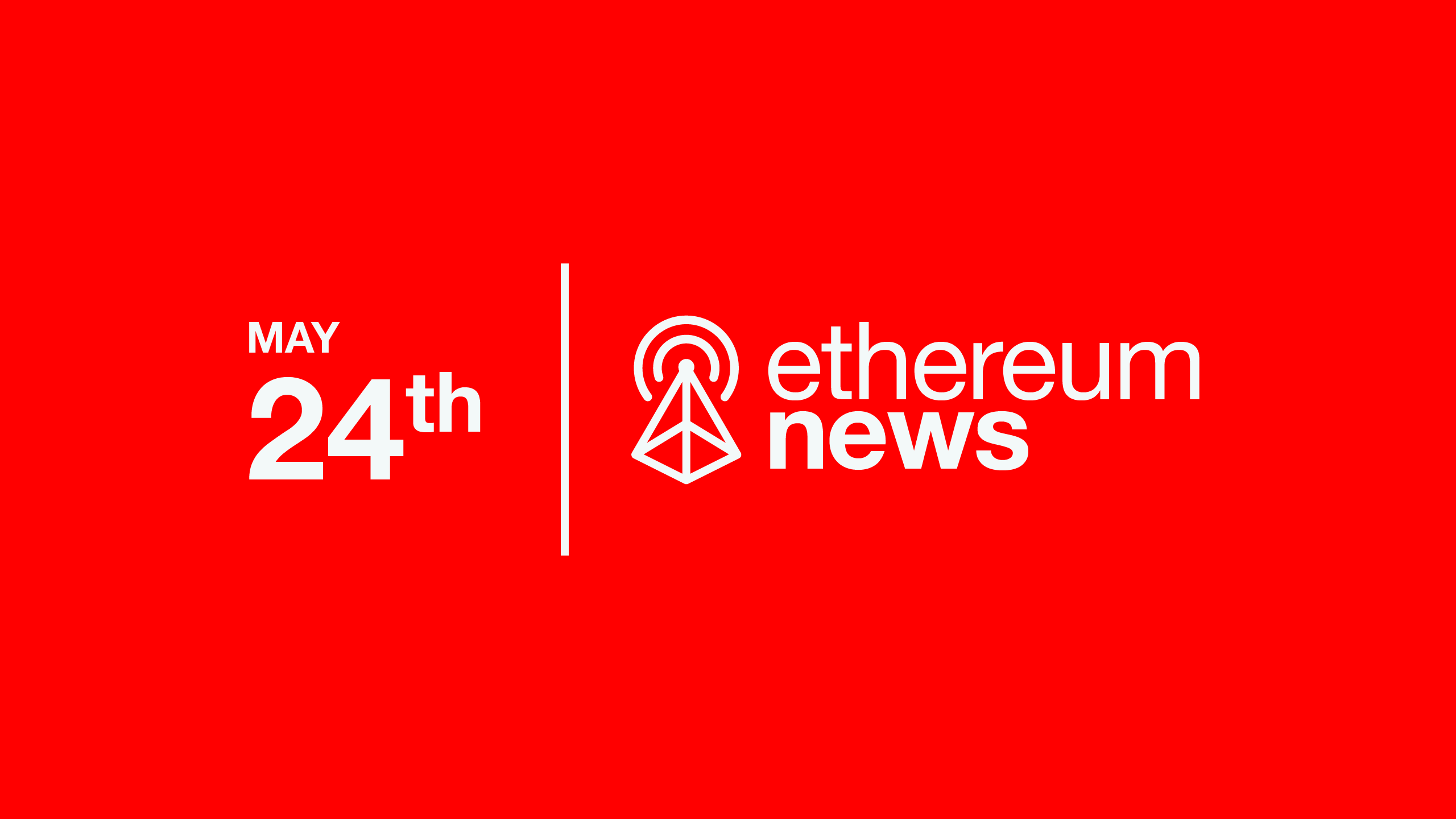Base Mainnet Launch Criteria
The remaining criteria includes the OP Bedrock upgrade and the completion of security audits.

Quick Take
- Espresso Systems proposes a sequencer design for Aztec.
- Coinbase launches Wallet as a Service to mainnet.
- Offchain Labs writes a working fraud prover for Stylus.
- Matcha introduces Matcha Auto mode.
Listen on: Apple | Castbox | Spotify | YouTube | Lens
Optimism Highlights 🔴✨
Base Mainnet Launch Criteria
Coinbase released criteria for the mainnet release of its BASE Optimistic rollup. Base has already testnet a Regolith hardfork and completed an infrastructure review with Optimism. The remaining criteria include the OP Bedrock upgrade, the completion of security audits with no critical severity issues, and demonstrated testnet stability. Once BASE is deployed to mainnet, it plans to host a “Genesis Window” open to developers ahead of a public rollout.
Espresso Martini Sequencer For Aztec Network
Espresso Systems proposed Espresso Martini, a decentralized sequencer protocol for Aztec Network. Martini offers near-instant transaction pre-confirmations assuming an honest majority of at least 67% of the node set. Currently, ZK rollups achieve finality once the L1 rollup contract is updated, which can take over 20 minutes. Under the proposed design, user transactions are submitted by rollup clients to a consensus protocol, which provides an instant pre-confirmation to the user. A sequencer then builds a rollup block and submits it to L1. The proposal also mentions re-staking with EigenLayer, which would enable similar node security to Ethereum.
Earlier this month, Aztec Network opened a request for proposals for decentralized sequencer designs. Aztec is seeking designs that are Sybil resistant, feature hardware requirements similar to Ethereum validators, create a rollup at every slot and offer anonymity. Proposed solutions should also be feasible within the next year.
Coinbase WaaS Mainnet Launch
Coinbase launched its Wallet as a Service (WaaS) product to mainnet. The service allows app developers to build a username and password onboarding experience for users. WaaS features a recovery system powered by multiparty computation-based (MPC) wallets, which are used to divide, encrypt, and distribute keys across multiple parties. WaaS uses a 2-of-2 Threshold Signing (TSS) scheme. Key shares are stored within Coinbase and on the enclave of an end user’s device. Users can create, access, and restore their wallets without interacting with seed phrases. Users can also export their keys off the platform if desired. WaaS was initially released on testnet in March.
Offchain Labs Stylus Fraud Prover
Offchain Labs successfully wrote a working fraud prover for Stylus, which is a new programming environment that introduces WASM smart contracts. With support for WASM, developers can deploy Arbitrum smart contracts written in Rust, C++, and C. Arbitrum Nitro uses the WASM program for interactive fraud proofs on L1. The implementation uses two synchronously composable VMs to handle the new languages and define the system’s state transition function. Offchain Labs calls the addition of a second VM as EVM+. According to the company, Stylus programs are faster than their Solidity counterparts. A testnet for Stylus will be released in the coming months.
Matcha Introduces Matcha Auto TX Mode
Matcha, a DEX by 0x Protocol, introduced a new transaction mode called Matcha Auto. The new mode provides faster trades, reduces failed trades, and uses meta-transactions to abstract gas fees. Matcha executes transactions and embeds gas fees into the trade, removing the need for users to hold native gas tokens. The new mode was released as part of a wider upgrade to Matcha. Matcha now sources liquidity from over 100 DEXs, features indexing for over 3.7 million tokens, and supports trading on eight chains. The upgrade also introduces support for singing gas-free token approvals.

